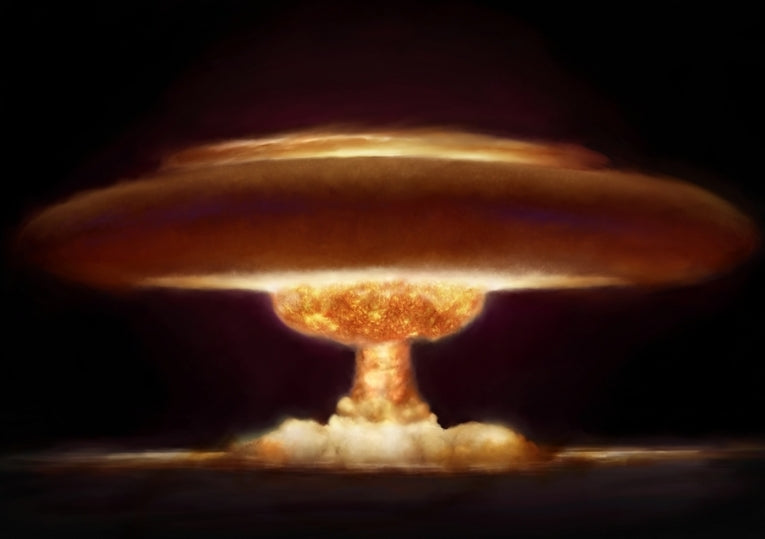At the instigation of Kazakhstan, in 2009, The International Day Against Nuclear Tests was approved unanimously by the UN. One or two nations have not yet signed the agreement but even the inhabitants of nations who seem not to care will agree with the massive consensus that we should move to a nuclear-weapon free earth. Kazakhstan seems to be simply relieved that they had managed to close the Semipalatinsk Nuclear Test facility earlier in 1991.
Large states who try to pretend they don't want to use such weapons are in danger of isolation if militaristic options are ever considered. The Japanese tragedy, still unfolding in Fukushima, shows the dangers of radioactivity that we don't all consider often, or have to! If the NW Pacific is now being affected by 40 trillion becquerels of radioactive tritium, 20 trillion becquerels of cesium and 10 trillion becquerels of strontium contamination (at the time of writing), then we need to gather together and consider the treatment of dangerous nuclear material multilaterally, as well as nuclear weapons.
Dangerous radiation has always been there, and we are all affected by relatively gentle radiation, from granite for example. The protection that the earth affords us makes us what we are - mutating organisms - but let that mutation remain at normal rates. If Asia, Australia and the Americas are likely to be affected by marine pollution, this could affect the way we build such power stations and how we approach anyone who considers developing a nuclear weapon.
The UN resolution calls for increased awareness about the effects of nuclear weapon test explosions, or any others, "and the need for their cessation as one of the means of achieving the goal of a nuclear-weapon-free world." Secretary-General Ban Ki-moon has stated, in 2010, with great clarity, "A world free of nuclear weapons would be a global public good of the highest order." Hard work is needed to complete that task.
Since 1945, 200 tests have been carried out. Effects on living organisms, such as ourselves have been often ignored. With weather controlling the effects as much as the military men who press buttons, the need for all kinds of vigilance is evident. The arrangement of an overall nuclear test ban treaty took until 1996, when presumably the major powers had finished doing what they wanted!
Now we still need several more bilateral and multilateral agreements on the regulation and containment of nuclear material of any kind. Peace and security is the aim, and while one state can use weapons against its own people in its own capital, then we need to be agreed on immediate action against any such state, whoever they are.










